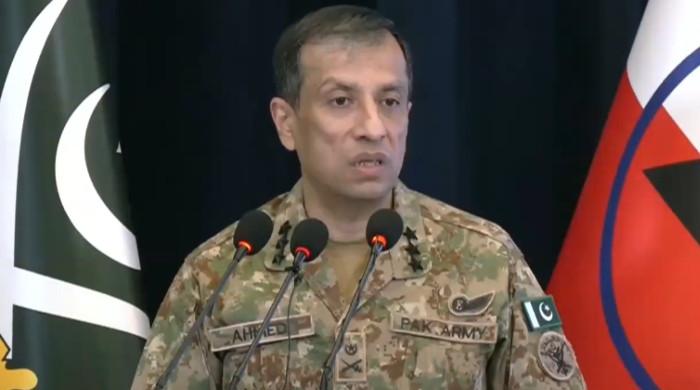Defence Analysts Weigh in on DG ISPR’s Press Conference
Following a detailed press conference by Director General Inter-Services Public Relations (DG ISPR) Lieutenant General Ahmed Sharif Chaudhry in Peshawar, defence analysts have characterized it as a firm and unambiguous message to all entities, both domestic and foreign, that challenge Pakistan’s sovereignty or undermine its commitment to counterterrorism.
Defence analyst Syed Muhammad Ali stated that the timing and location of the DG ISPR’s briefing held “strategic importance”. He suggested it targeted India, Afghanistan, and certain internal political factions perceived as lenient towards terrorism.
“The central theme of today’s address is clear: the existing situation is untenable,” he observed. “It is aimed at Kabul, where authorities are seemingly overlooking terrorist havens while fostering closer ties with India, even as attacks originating from Afghan territory against Pakistan persist.”
Ali noted that the press conference, which followed a Corps Commanders’ Conference and a federal cabinet meeting earlier in the week, signaled a consensus among “the state, government, and army to act decisively against threats both within and beyond our borders.”
He further stated that the DG ISPR’s remarks underscored the military’s dedication to the full implementation of the National Action Plan (NAP), while voicing concerns that “ineffective governance in Khyber Pakhtunkhwa (KP) is costing the lives of security personnel.”
Ali specified that the DG ISPR articulated five significant challenges, highlighting that while Pakistan’s forces have demonstrated their capabilities through operations such as Operation Bunyan-um-Marsoos, intelligence-led operations alone are insufficient.
“The KP political establishment has been hesitant to take action and, in some instances, has aided terrorists. A nexus between political figures and criminals is impeding the prompt and decisive execution of the NAP,” he asserted.
He further added that the slow pace of the judicial system represents a major hurdle, with numerous terrorism-related cases still awaiting resolution.
Referring to reports regarding the purported death of outlawed TTP chief Noor Wali Mehsud in an airstrike within Afghanistan, Ali mentioned that neither Afghan officials nor Pakistan’s Foreign Office has verified or refuted the event.
“The DG ISPR also did not deny it, implying that Pakistan’s message was intentional: that national security will be protected by all means necessary,” he concluded.
Brigadier (retd) Rashid Wali, another defence expert, emphasized that the DG ISPR’s focus on dismantling the crime-terror connection was among the most critical aspects of the press conference.
“The NAP was initially outlined with 20 points, later reduced to 14, yet even those have not been put into practice,” he stated, noting that the failure to address non-custom-paid vehicles and smuggling networks continues to provide financial support to terrorism.
He explained that numerous vehicles and criminal networks are part of a broader “terror-crime ecosystem”, often linked to external entities.
“Terrorism cannot be effectively combatted when the same system continues to fund and support militants,” he argued.
Brig Wali also highlighted that terrorists are exploiting Afghanistan as a base for launching attacks into Pakistan due to the deficiencies of the KP government.
He emphasized the necessity for provincial institutions and law enforcement agencies to foster a political and administrative climate that enables the Pakistan Army to combat extremism effectively.



Comments (0)
No comments yet. Be the first to comment!
Leave a Comment